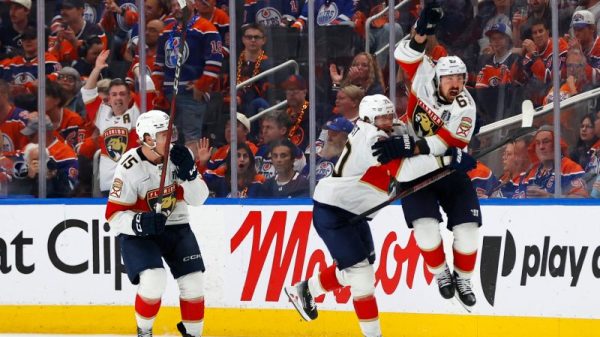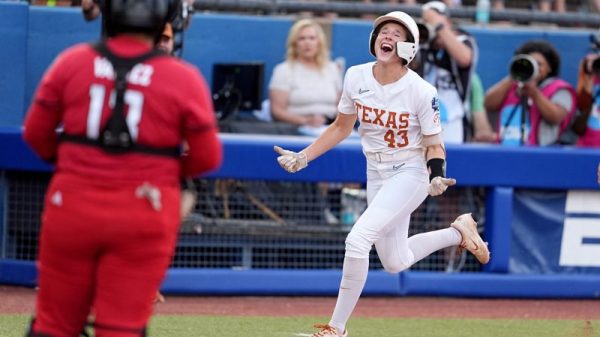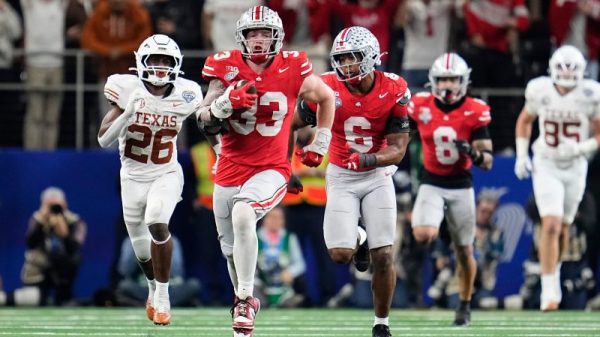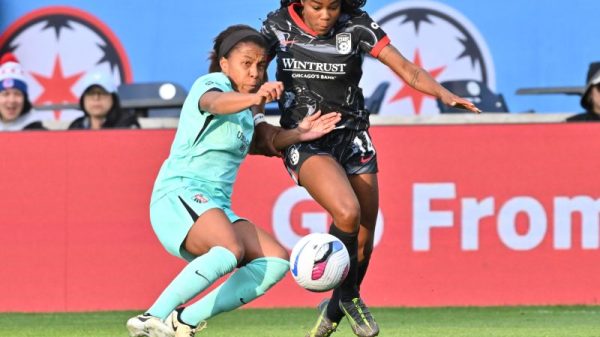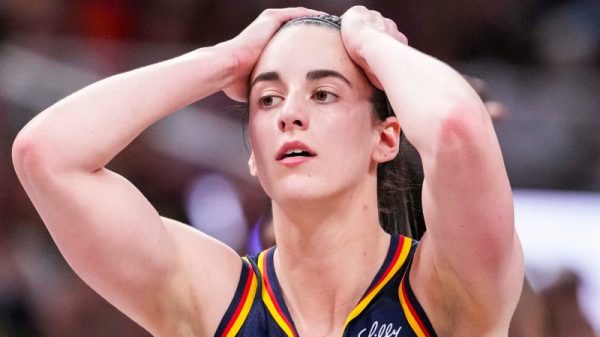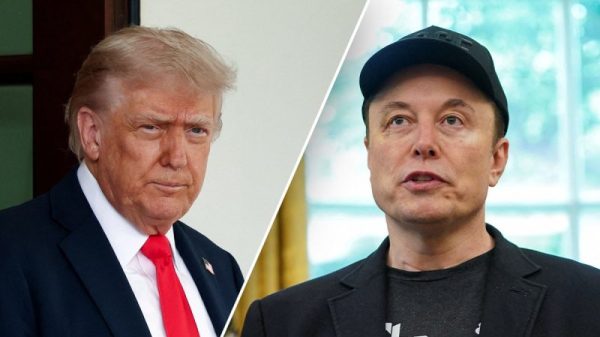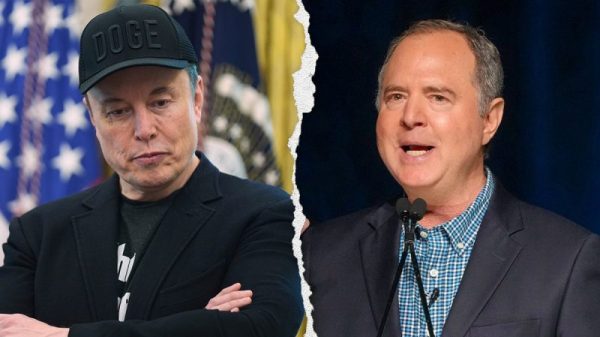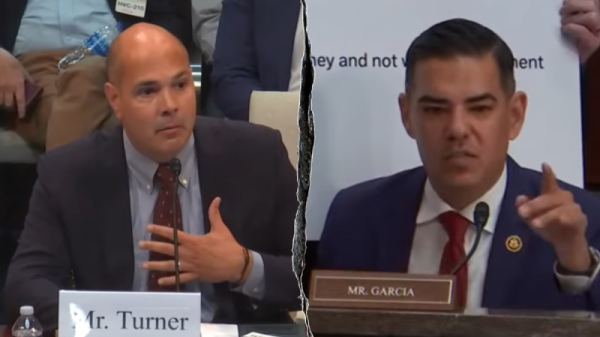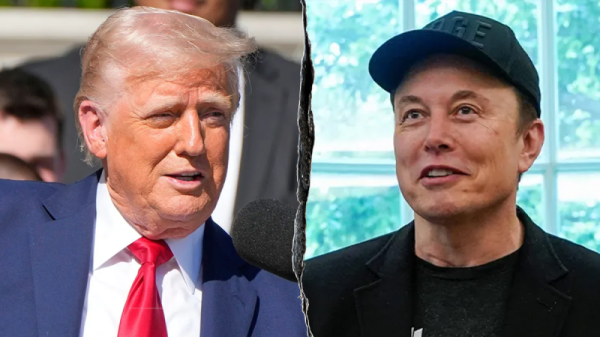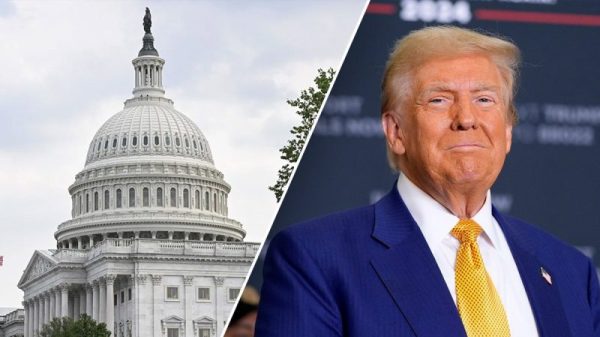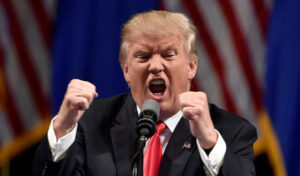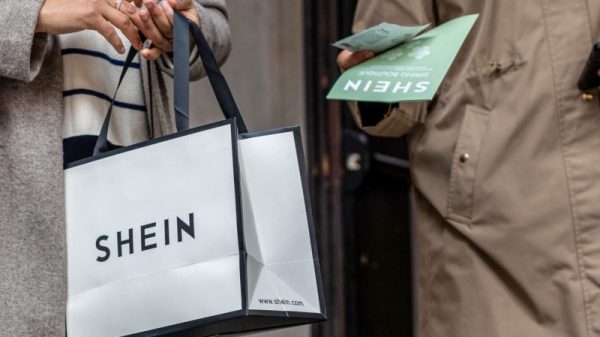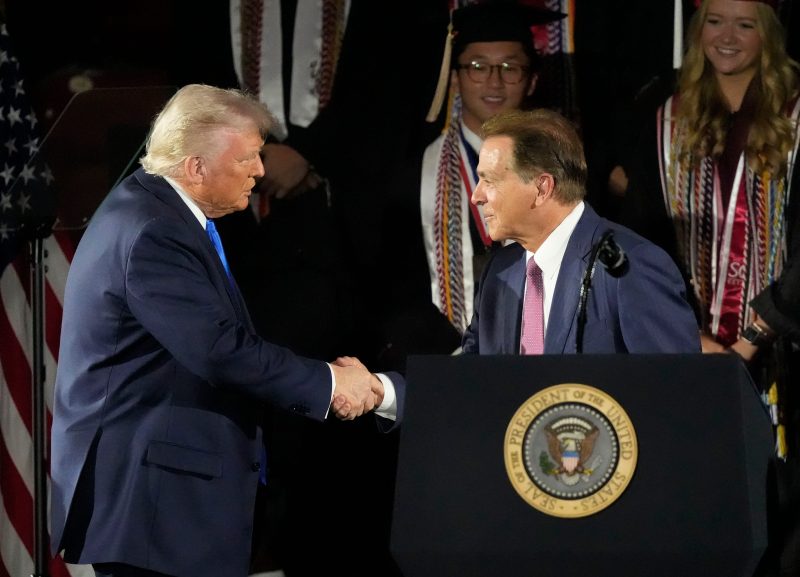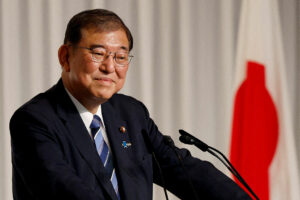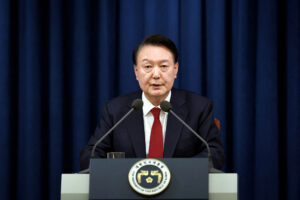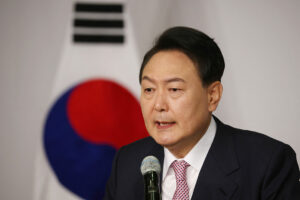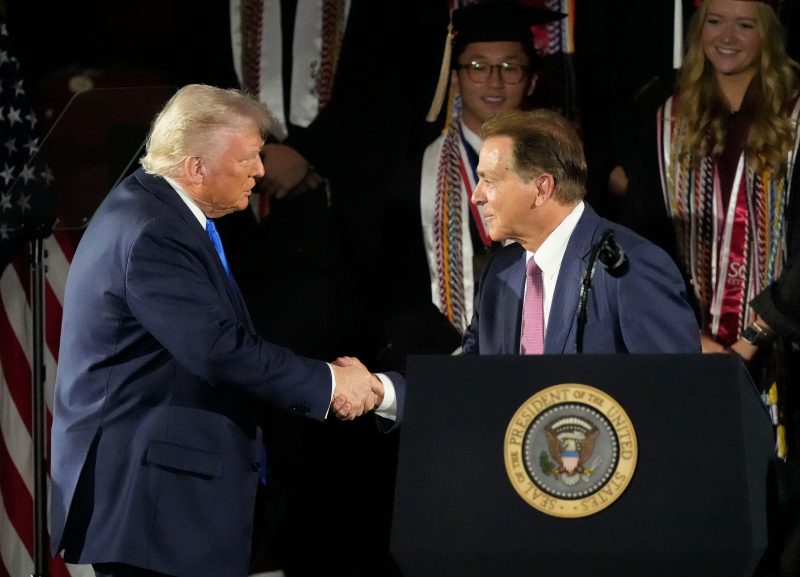
If you can put yourself into the mind space of President Trump, it’s pretty easy to understand why he wants to insert himself into the cauldron of college sports.
With his approval rating taking on water, wars across the globe expanding rather than concluding and a year that portends economic uncertainty heading into the 2026 midterms, being able to say, “I’m the guy who saved college sports” — whether he actually does it or not — seems politically enticing. He’s even got the GOAT, Nick Saban, signed up to be the face of it.
You can already imagine the Oval Office ceremony where Saban stands behind the Resolute desk, giving a thumbs-up and a, “Sir, we couldn’t have done it without you” when Trump puts pen to paper on something that will no doubt end up in a courtroom — just like every other attempt to restore order to college sports by short-cutting laws that a multitude of courts have said the NCAA was violating in its old business model.
That’s why, even though some administrators across college sports will welcome Trump’s involvement because nothing else seems to move the needle, many others are rolling their eyes.
After all, what is a presidential commission on college sports really going to accomplish when the solutions have already been well-established?
Without pre-judging the proposed commission’s intentions or which voices it plans to include — so far, the only names connected to it are Saban, Sen. Tommy Tuberville (R-Ala.) and billionaire Texas Tech booster Cody Campbell — neither they nor Trump have the ability to change reality.
And the fundamental truth every attempt to “fix” college sports runs up against is that its future can only go down one of two paths.
The first: Congress will pass a law, and Trump will sign it, that gives the NCAA the ability to enforce its rule book without the fear of getting sued every time it denies an NIL deal or an extra year of eligibility.
The second: A group of large revenue schools will have to band together and come up with a new system that allows them to collectively bargain with athletes, jointly setting the rules of the road and bringing order that will benefit both sides.
That’s it. There’s no third option.
Even if Trump took a highlight reel of everything Nick Saban has publicly complained about regarding NIL and the transfer portal, turned it into an executive order and signed it, the overall net effect would be … not much.
If you think the lawyers have been the biggest winners in all of this up until now, just wait until they get ahold of an executive order that arbitrarily limits someone’s earning potential or freedom of movement. The economic news these days may be shaky, but there’s never a recession on billable hours in college sports.
Again, all due respect to Saban for what he’s contributed to the game and what he believes is best for college sports. Much of his criticism of the current environment is correct.
But the goal of this commission, and by extension Trump’s involvement, cannot be primarily to erase what’s happened the last four years and go back to the way things were. That’s not going to happen, and any attempt to roll things back too much might unintentionally lead to what universities are most afraid of: An organized college athlete revolt that disrupts a college football weekend or an NCAA basketball tournament where hundreds of millions of dollars are at stake.
And that’s where yet another college sports commission gives folks some heartburn.
First of all, the track record of blue-ribbon panels sufficiently addressing these issues is extremely poor. Just look at the Condoleezza Rice-led Commission on College Basketball, the remnants of which wouldn’t sustain warmth for more than 30 seconds if you threw them into a fireplace.
Second, anything the committee comes up with or that Trump puts into an executive order won’t be worth much unless Congress passes some kind of law that protects the NCAA.
There are a couple of big problems with that, too. The obvious one is that the NCAA has lobbied for a bill for nearly six years, and nothing is particularly close to being voted on. There have been a bunch of hearings and bluster, but there are few indications that college sports chaos is truly high up on the list of Congressional priorities these days.
The other impediment, quite bluntly, is Trump. If you’re a Democrat in the House or Senate, and you’re measuring the winds heading into 2026, what is the incentive to soften a mountain of problematic headlines on the economy or international affairs by handing him the opportunity to show up at the Final Four next year and brag about how he “fixed” college sports?
In an ideal world, would we want better of our leaders coming together to solve a problem? Sure. But we’re not talking about a national emergency here. It’s just college sports, and when you put an issue like college sports in the middle of the political arena, politics are going to happen. That’s just the way the game is played.
And that brings us back to where we’ve likely always been. Only college sports can fix what’s wrong with college sports — as it should be.
Will it be difficult to get the right people on the same page? Of course. Will there be pain for some people when the system gets blown up and becomes fully professionalized? No question.
But a lightning rod president who hasn’t demonstrated much knowledge of the actual issues here putting Saban and Tuberville in charge because of a perceived political benefit is an inevitable last gasp of ineffectual college presidents who refuse to deal with the reality of where their enterprise is heading.
They can either wait for Congress to save them, or they can get on with the business of saving themselves. If anything, adding Trump to the mix only delays the inevitable.

